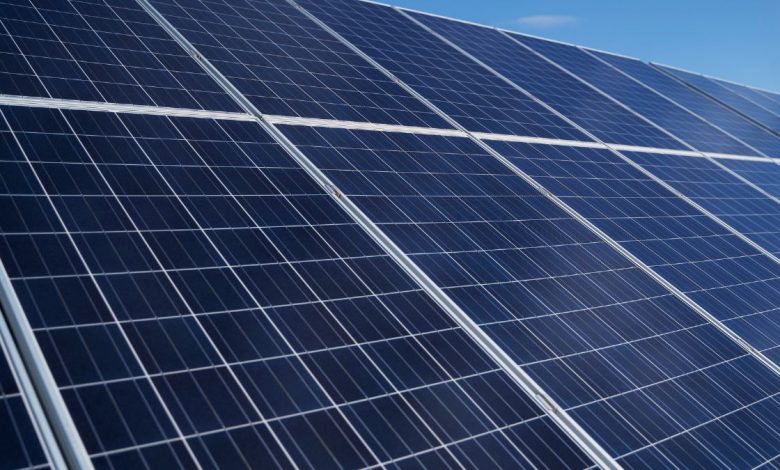New Solar Compliance Rules Could Make Going Off The Grid Cheaper

South Africans have long turned to solar energy as a shield against loadshedding and rising electricity tariffs. However, many households faced steep regulatory costs that made solar less accessible. The New Solar Compliance Rules could change that. These reforms slash paperwork and fees, making it far more affordable for households to go off the grid in 2025.
What Are the New Solar Compliance Rules?
Currently, only professional engineers can sign off on rooftop solar installations. This requirement pushes compliance costs up to R20,000 per household. Under the proposed changes by the South African Bureau of Standards (SABS) and Eskom, qualified electricians will also be able to issue Certificates of Compliance (CoC).
Discover how Revolutionary Solar Panel Cleaning Drones for Rooftop and Ground-Mounted PV Systems are boosting efficiency and lowering maintenance costs.
According to a report by Cape Town ETC, this shift could cut the average sign-off cost to R1,500. That is a saving of more than 90%.
Why These Changes Matter
High compliance costs discouraged many South Africans from installing solar panels legally. Some even skipped formal registration, exposing themselves to safety hazards and insurance risks. With the New Solar Compliance Rules, homeowners can now access a safer and more affordable route to energy independence.
CCE Online News highlights that 2025 is the best time to go solar. Compliance costs are lower, equipment prices have dropped, and tax incentives are still available.
Impact on South African Households
The reforms have the potential to democratise solar adoption. Cutting costs from R20,000 to R1,500 makes compliance accessible to middle-income families who previously could not afford it.
Households will also benefit from:
- Lower upfront solar installation costs
- Faster approval processes
- Improved legal protection and insurance cover
- Enhanced safety through certified sign-offs
This shift is especially significant in Gauteng, where urban energy demand is high and loadshedding disruptions are frequent.
Learn more about how Eskom Misleads on Solar Rules: SA Standards Already in Place and what this means for your solar installation.
Expert Opinions on Solar Affordability
Industry leaders welcome the changes. Energy specialists argue that reducing compliance barriers will accelerate the transition to renewable energy.
Cape Town ETC quoted industry sources: “This change could see the registration cost plummet to about R1,500.”
CCE Online News added: “2025 is the best time to go solar.”
These perspectives highlight how regulatory flexibility can speed up solar adoption while maintaining safety standards.
Global Context: How South Africa Compares
Other countries are also reforming solar compliance rules to boost adoption.
- In the United Kingdom, nearly all new homes will require solar panels by 2027.
- In Australia, households can join virtual power plants, saving up to AUD 834 million by 2050.
South Africa’s reforms place it firmly in line with international trends towards affordable, decentralised energy solutions.
The Road Ahead for Gauteng Residents
If these new compliance rules are finalised, Gauteng homeowners will enjoy cheaper, quicker, and safer access to solar energy. This could significantly reduce reliance on Eskom, cut electricity bills, and boost household resilience against loadshedding.
The reforms will not only benefit individual households but also strengthen the national grid by reducing demand pressure during peak hours.
A Brighter, Cheaper Solar Future
The New Solar Compliance Rules could transform the affordability of going off the grid in South Africa. By lowering compliance costs and streamlining approvals, the government is paving the way for wider solar adoption.
Check out 5 Affordable Inverters & Battery Solutions Under R5,000 to power your home without breaking the bank.
For Gauteng residents, this marks a turning point in the shift towards cleaner, cheaper, and more reliable energy.



